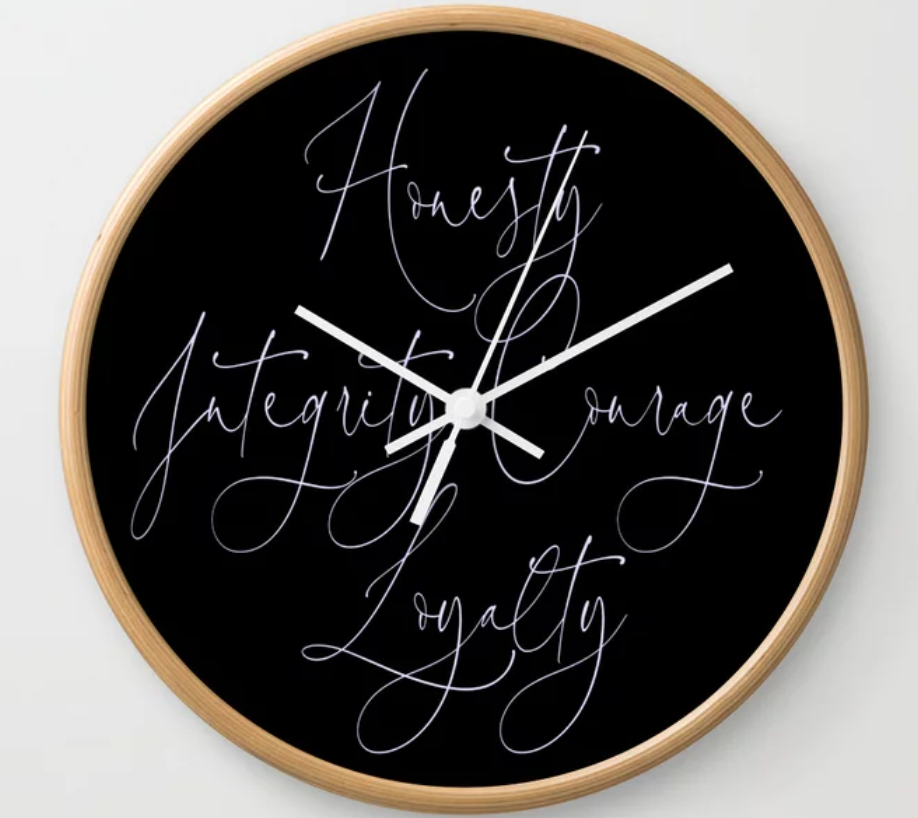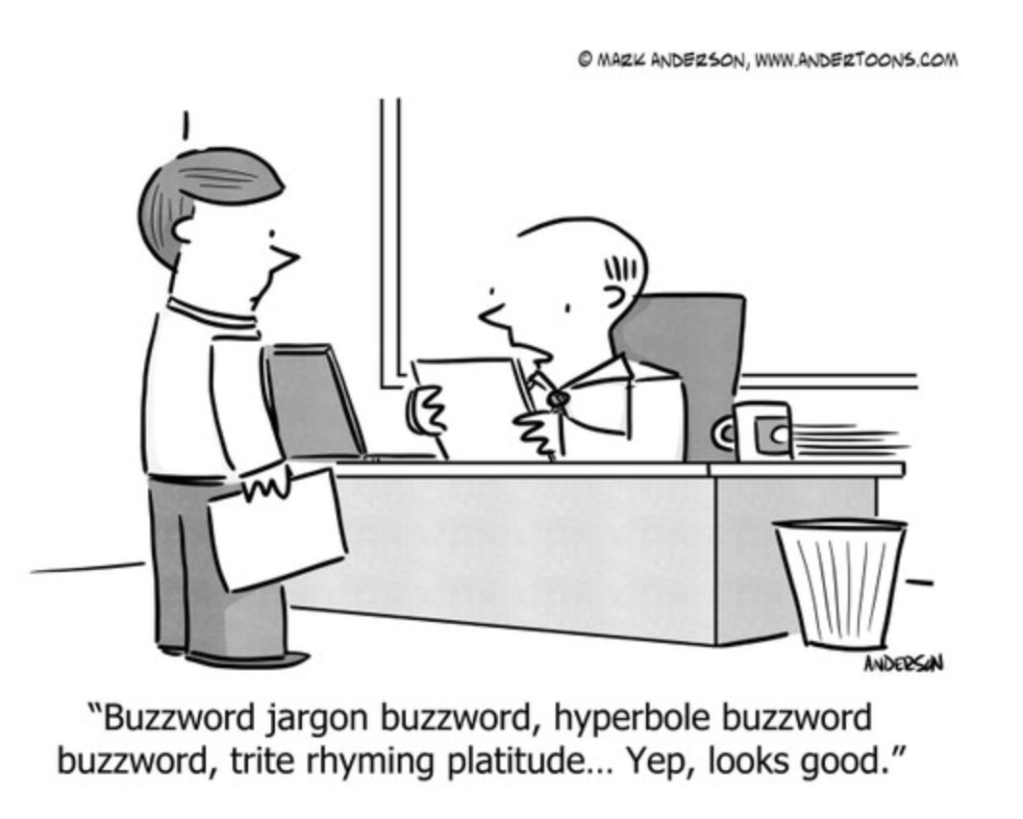
For most of my career, I’ve been in the business of “saving lives”. I’ve worked for humanitarian non-governmental organizations (NGOs), where children had to try to survive or flee wars, famines, or natural catastrophes. I’ve worked for international financial institutions (IFIs), which tried to raise funding to end preventable deaths of children and their mothers. I’ve worked for the government, trying to end a global pandemic that has to date led to 26 million excess deaths. I consider this “mission” I am part of purposeful, needed, and worthwhile of all the hours and effort I put in each day.
Loyalty
Starting each new job, I have signed confidentiality and non-disclosure contracts and conducted training to ensure I was aware that leaking any information could risk the lives of my colleagues, some working in the middle conflict areas. I was also trained and reminded to be mindful of what I posted on social media, as this could pose a reputational risk to the entire organization.
Having worked in organizations engaged in conflict zones, I have lost colleagues to kidnapping and attacks. I know these risks are very real.
Believe it or not, reading my blogs, I consider myself extremely loyal. I have never violated my contracts, leaked any confidential materials or information, or shared information between workplaces. (In other words, I’d still have lots and lots of beans to spill, if I’d chose to do so.)
Honesty
Strangely, when signing all these non-disclosure and confidentiality agreements, I was never asked to sign or train for “honesty”. If the President or CEO asked me if we were doing the best we could, my training and work culture implied I should nod and praise, and be thankful that I was allowed to work in these hallowed halls.
If I saw dishonest behavior, I should contact my manager, and in severe cases the ombudsperson or ethics commissioner (who as I quickly learned from other cases, made sure leadership was warned, and reputational damage control immediately kicked in: return back to loyalty, please.) More often, I was by managers explicitly ordered to stretch the truth to fundraise that bit more, or to ensure we looked successful to leadership and in the race for more funds (or manager promotions).
Integrity
As regular readers of this blog will know, I started struggling with this disconnect. Loyalty that was expected of me – not towards a mission or results – but rather to an organizational brand, reputation and current leadership. As I held higher roles and got a better overview of what we were actually doing, I began struggling with the (very strong, clear) pushback I received when I suggested we should be more honest and transparent.
I began having ethical concerns.
Money fundraised from individuals and pledged by governments on behalf of taxpayers was being sold in annual reports (accountability, with a small ‘a’) that were more like fictional novels than independent monitoring of reality.
Leadership and managers who were known to be toxic towards staff were kept on, promoted, and time and time again cleared in (confidential, silenced) ethics cases.
Utopia? Loyalty, honesty, AND integrity
Many organizations I have worked for have great people. Some have become lifelong friends of mine, and I would trust my own children in their care. Some of the organizations I have worked for really do great things. Often at a high price, but I’ll leave the question of overheads and process costs to others. Some managers and leaders I have worked for are the best of the best, and I have learned how to lead, manage, and try to stay human from them, and am forever grateful of how they treated me and other staff.
Yet, sadly, most workplaces with life-saving missions, big brands, and great recruitment carrots that I have seen are simply lost. They prize loyalty over everything, and have created structures and processes that protect leaders from hearing a single honest piece of information. They have established tokenistic ombuds’ offices and ethics committees that protect one place: the top of the organization and its existing leadership.
I’ll continue signing my confidentiality and non-disclosure contracts. I’ll continue being loyal, and to protect colleagues from any risk.
But I’ve also chosen to take a path of honesty. If you want me to write and sell blatant lies, please ask elsewhere. If you want me to at all times yay-say and praise all management and leadership, I’m not your candidate. Because I’m loyal to the mission I believe in, not to a PR branding exercise or someone’s leadership and legacy ambitions.
This stance may cost me many jobs, and definitely doesn’t make my career a bee-line to the top. But it’s a stance I’ve chosen until I find a place where loyalty, honesty, and integrity intersect, and we focus on the mission we claim we are in the business of.

